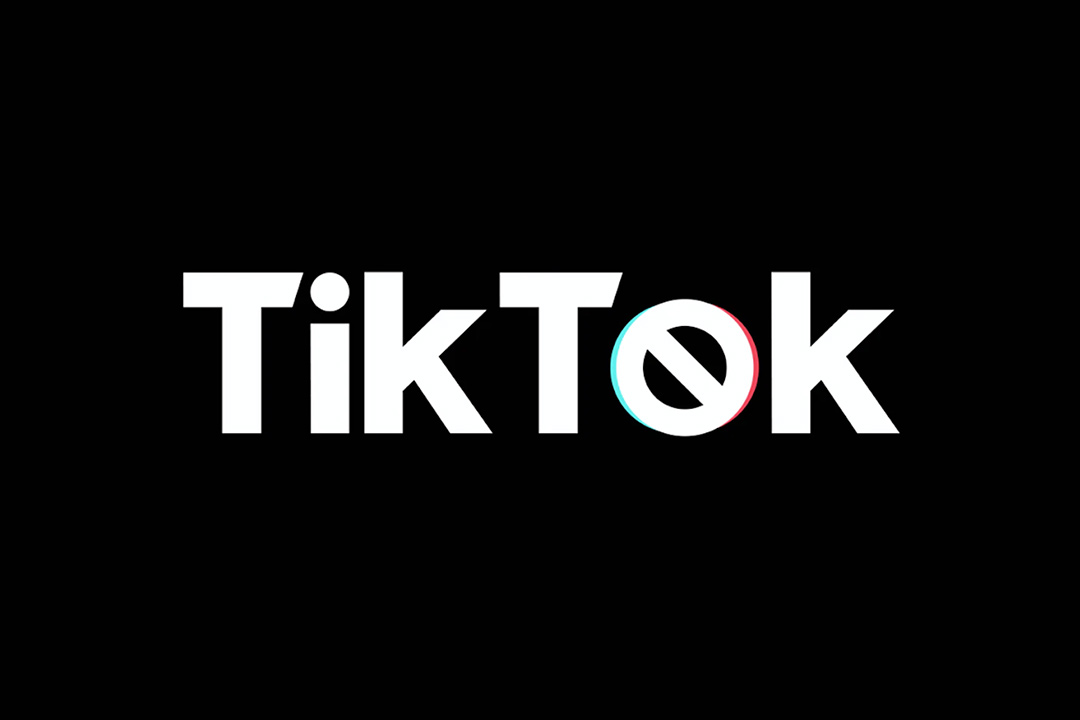Over $26 billion has changed hands in the industry. The ultimate question of is it a game or is it gambling remains to be answered. Six states, including New York, Texas, Illinois, Hawaii, Vermont and Mississippi, have declared fantasy games as illegal. Recently, Rhode Island’s attorney general declared the activity legal but needs to be regulated.
Lawyers for the fantasy industry argue it’s not gambling because it is a game of skill. Some states have an entirely different opinion. Nearly 57 million people play fantasy sports in the U.S. and Canada, dominated by males at 66 percent of the total players. The average age is 37. I do wonder how many 52 year old moms play the game besides me. Although, percentages probably go up when you cross tab that I’m the mom of three boys, ages 20, 19 and 16. By far, football is the most popular fantasy sport with 36% of industry revenue coming from the NFL. Major League Baseball is at 19 percent, auto racing at 12 percent and the NBA at 10 percent.
Our client MGM Resorts International made the news recently. Global Gaming Business Magazine reported that MGM Grand is currently experimenting with millennial-friendly environments that could be the prototype for at least a section of the casino floor designed for skill games. The InteractivePro tables at the MGM include slot games and internet access, and they are in a lounge that could be a model for spaces where young players could gather to play competitive skill games in the kind of social, club-like setting which they gravitate towards. Casinos should also be looking at technology that has a skill-based component into gaming devices – remember this group is made up of the gamers. And, casinos must overcome the stigma that slots are for the older crowds. Designing casino floor activity to be more social, more enjoyable and more interactive is where it’s at. Millennials, for example, want to be with ‘people like me’ – so look at floor spacing geared towards these audiences.
One thing that advertisers should be noting is the reason that fantasy excites the users – it’s a communal activity whether it’s mobile or otherwise and will continue to evolve in some shape or form. We need to be thinking about community and what excites the user. Currently, Ron Foth Advertising is working with our MGM brands in trying to attract millennials currently not interested in gaming and to motivate them into trial. Watch here for more updates!





